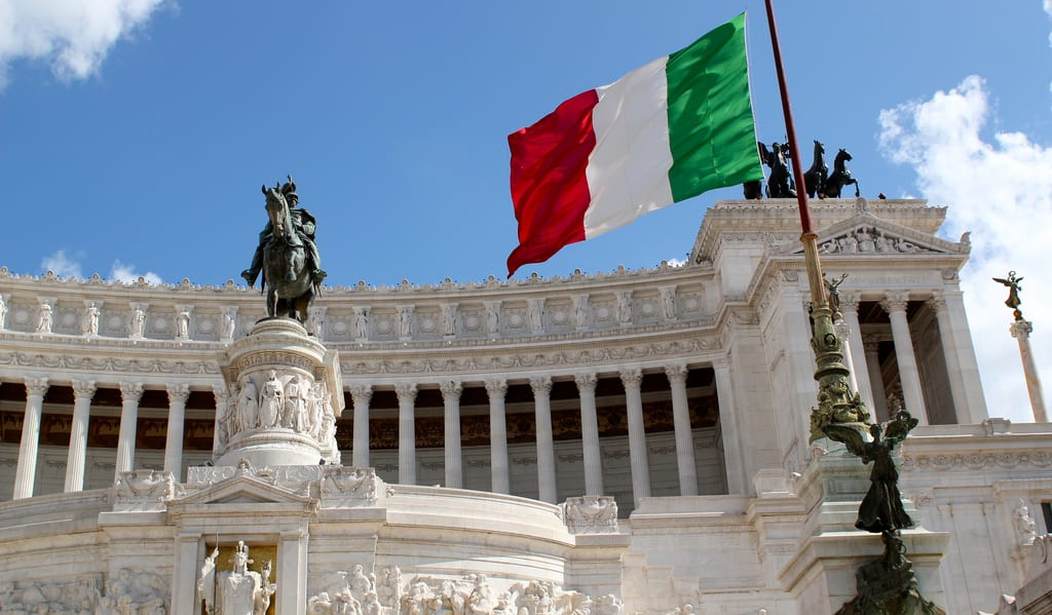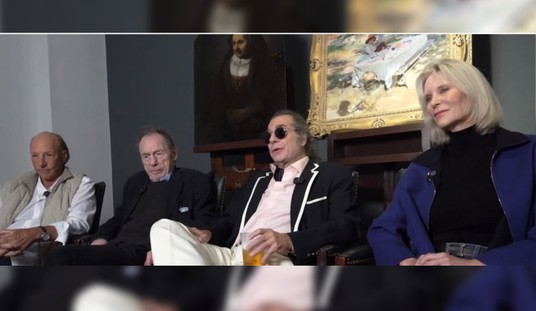I lost two more friends in the past two weeks, and it’s not just me that’s mourning. They were among our closest Italian friends, members of a great generation that taught me how to understand the country, speak its language, embrace its food, and learn its culture. One man, one woman, both great intellectuals. Such a loss.
Both were southerners, with deep Neapolitan roots. He was a historian, Giuseppe Galasso, universally recognized as the greatest historian of Naples, where he lived and taught. He was 88 years old when he died, peacefully in his sleep, having apparently been overcome by this year’s nasty influenza.
He was generous with his time and his wisdom. When I wrote a book about Naples, he responded to every question, even when he was amused by them, and began his response with “Ha! Wrong question, but here is what I think you might consider … ”.
Peppino, as his friends called him, wrote hundreds of popular articles as well as his scholarly tomes, insisting throughout that we had to view specific historical questions — Neapolitan history, for example — in the broad context of European history, from ancient Jewish thought and action, through Greece and Rome, to today’s debates. One of his most important books, The Other Europe, examined southern history from Portugal and Spain, across Italy to Greece. I tried very hard (with no success) to convince some American publishers to translate it, since its conclusion — that while these regions had unique characteristics, they were part of Europe and should be treated in that context — is so important.
He didn’t waste his time on such non-questions as “what does history teach us?” He knew that history defines us, and a proper appreciation of our history might help us make better decisions today and tomorrow. Inevitably, he brought his rich understanding of our past to bear on contemporary politics. As so many thoughtful leaders of his generation, he was a member of the small but influential Republican party, and was a convinced Atlanticist.
A very rare man. And not only a great intellectual, but a great eater. He knew all the chefs and waiters in the best — not necessarily the most elegant — restaurants in town. And he knew the recipes, too.
He was a student of Benedetto Croce, arguably the leading Italian intellectual figure of the 20th century, and he was active at the Croce Institute, aka the Italian Institute for Historical Studies, where scores of leading historians, philosophers and political scientists honed their crafts after the war. Founded by Croce himself in 1947, the Institute attracted some of the finest minds in the country under the guidance of Federico Chabod — a name today virtually unknown outside a tiny circle of scholars, but worthy of serious study by anyone concerned with European history.
If you’re curious, the best place to start is a book of interviews. Entitled Croce’s School, the volume was organized by Elsa Romeo — the other close friend who died in recent days.
Her late husband was a brilliant and fascinating Sicilian, Rosario Romeo, who wrote a magisterial three-volume biography of Cavour, the architect of Italian unification in the 19th century. Cavour was the incarnation of Piedmontese (northern) political cunning and virtue, and it always struck me as utterly appropriate that the canonical account of his life should have been written by a Sicilian.
Professor Romeo was for a while director of the Croce Institute, and Elsa was thus in a perfect position to tell the Institute’s story. She was at once the ultimate insider and, given her intimate relationship with a great Sicilian intellectual, the consummate outsider. She was also a political maverick.
Like Galasso, she was a Republican, a major contributor to that party’s publications, and a delightful provocateur at any conference or dinner. I dare say she was the most simulating and original commentator on Italian affairs, and it was quite appropriate for her to be a frequent companion of the late Giovanni Spadolini, who was a celebrated writer and editor, and later in life, minister and prime minister. Elsa was precisely the sort of woman who would be a prized confidante of the Spadolinis and the graduates of the Croce Institute, whatever their political convictions.
With the passing of Elsa Romeo and Giuseppe Galasso, the West has lost two important voices. I mourn them. And most of my readers, most of whom never heard of them, should mourn too.








Join the conversation as a VIP Member